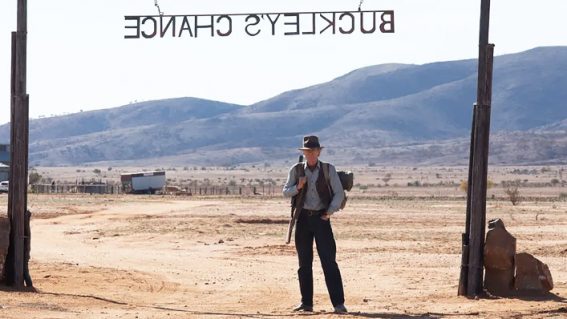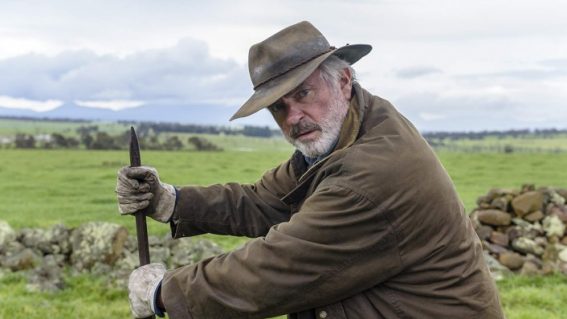Australian comedy-drama Babyteeth is a strikingly unconventional first love story

The story of a teenage girl’s first love and first illness defies expectations in the terrific Australian comedy-drama Babyteeth, which is now playing in select cinemas.
A teenage girl with a fatal illness. Disaffected parents. An unconventional coming of age romance. The Australian feature Babyteeth has no shortage of familiar elements, but if this film suggests at first glance another trip to the nonplussed suburbs, the results are strikingly unconventional. Farce undercuts drama, idiosyncrasies update conventions, and bittersweet realisations circulate through moments of joy. Marshalled by director Shannon Murphy—clearly a major new filmmaking talent—with a simpatico ensemble cast, it’s a reminder that no story is clichéd, only the lesser storytelling that fails to illuminate it.
Rita Kalnejais’ adaptation of her play has a barbed brevity—connections outweigh backstory, so that you feel the emotional current that passes back and forth between the characters. The first meeting of schoolgirl Milla Finlay (Eliza Scanlen) and petty drug dealer Moses (Toby Wallace) on a train platform begins with them bumping into each other, and the reverberations never stop. He’s both a chancer and a sweetheart, getting high on his own supply. She is overwhelmed by expectation and, as we learn in passing, a cancer diagnosis. Their bond is never one thing, because the movie doesn’t prescribe wisdom to its protagonists. They’re as impetuous and enquiring as the vibrant handheld camerawork.
Perhaps sensing a circuit breaker, Milla brings Toby home for a family dinner with her mother Anna (Essie Davis) and father Henry (Ben Mendelsohn), respectively a former classical pianist and a psychiatrist. Moses, with his homemade tattoos and affinity for burglary, is 23-year-olds to Milla’s 16.
“I’m a bit freaked out by that,” admits Henry. One of the many subversive pleasures of Babyteeth is watching Mendelsohn, an unparalleled agent of diseased malevolence, play the domestic straight man with his head in his hands, dinner table dining descending into absurdism as Anna’s prescription meds kick in.
Title cards tie the narrative together, whether it’s “Relapse. Milla starts chemo” or “Moses makes spaghetti,” and with remarkable ease the story finds clarity through everyday chaos. There is candour and concern, but they rarely surface when you expect, and the dynamic of the Finlay family whirls around, pulling them down with Milla’s illness even as the fresh perspectives of new neighbour Toby (Emily Barclay) and Anna’s long ago collaborator and Mila’s violin teacher, Gidon (Eugene Gilfedder), are folded in. Oddities are never forced; they’re merely observed.
Murphy isn’t afraid to sidestep realism, whether catching the comfort of whimsy or depicting an empty karaoke bar as a Wong Kar-wai ravishment. She keeps the narrative moving forward, buoyed by the everyday unpredictability of the central quartet. Ideas percolate through the episodic exchanges, sinking in because they’re never chewed over in weighty monologues. Underpinning it all is an audacious light touch. One of the hinges between mother and daughter is performing classical music, but it’s not until the end of the film that they agree to play together. If you think you can picture what eventuates you’re going to be wrong. With happenstance and deadpan, Babyteeth confounds assumptions for the better.

















